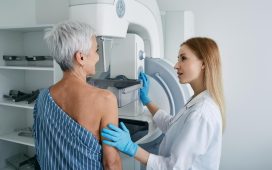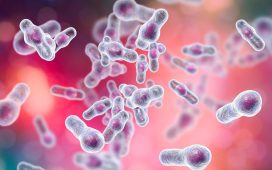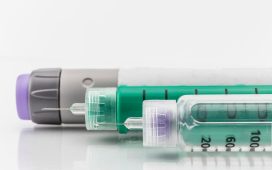Advisers will consider whether more research is needed into potential unintended consequences of the new therapies
By Physician’s Briefing Staff HealthDay Reporter
MONDAY, Oct. 30, 2023 (HealthDay News) — Patients with sickle cell disease may soon have two new treatments to try. On Tuesday, a U.S. Food and Drug Administration advisory committee will weigh the merits of a new gene therapy for the painful, inherited condition. The agency is expected to make a decision on that therapy in early December, and it also plans to decide on a second new treatment before year’s end, the Associated Press reported.
The treatment being reviewed Tuesday is based on CRISPR technology, a gene-editing tool. The inventors of that tool won the Nobel Prize in 2020 for their work, the AP reported. A one-time treatment, “exa-cel” is made by Vertex Pharmaceuticals and CRISPR Therapeutics, and it permanently changes DNA in a patient’s blood cells.
On Tuesday, FDA advisers will consider whether more research is needed into potential unintended consequences of the new gene therapy.
In briefing documents filed with the advisory committee, Vertex said that 46 people got the treatment in its study. Among the 30 who had 18 months of follow-up, 29 were free of pain crises for at least a year and all 30 avoided being hospitalized for pain crises. Still, the FDA advisory panel is asking outside gene therapy experts to discuss the possibility of “off-target effects” (i.e., unexpected changes to a person’s genome). The FDA would like to determine whether company research on these possible effects has been adequate or whether more studies are needed, the AP reported. The company has proposed a postapproval safety study and product labeling that notes potential risks.
The second gene therapy for sickle cell disease that the FDA will consider is intended to work by making functional copies of a modified gene, the AP reported. This helps red blood cells produce hemoglobin that is not misshapen. That treatment is made by Bluebird Bio.
Prices for the two gene therapies have not been released, the AP reported. However, a price tag of around $2 million would be considered cost-effective because the existing treatments cost about $1.6 million for women and $1.7 million for men from birth to age 65 years, according to recent research.
Associated Press Article
Copyright © 2023 HealthDay. All rights reserved.








